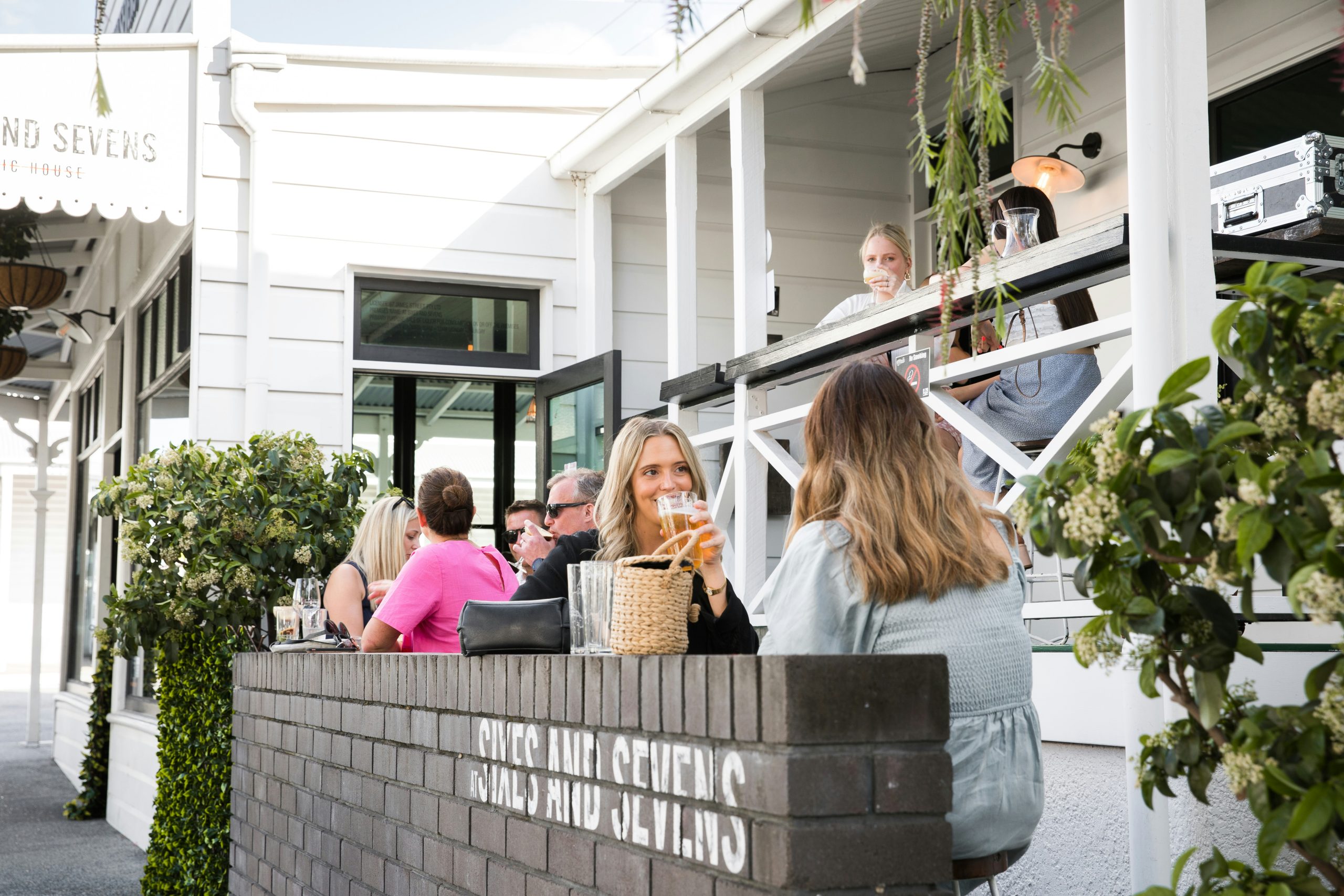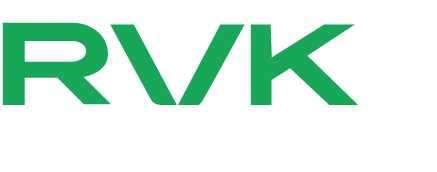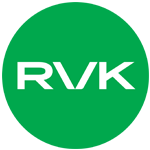
How to Set a Budget for Your Hospitality Fitout
Setting a budget for your hospitality fitouts can often feel like charting a course through a maze – full of unexpected and hidden costs. Our aim? To make this journey a straightforward path, guiding you through the complexities with ease and clarity.
Whether you’re refurbishing a café fitout in a bustling city laneway, revamping an iconic restaurant, or unveiling a chic new pub fitout in the heart of the city, the success of your venture lies in the details of its design and functionality. But with so many factors to consider, from aesthetic appeal to regulatory compliance, the process can quickly become overwhelming.
Ramvek offers expert insights and practical tips to help you set a realistic and effective budget for your fitout project. We’ll dive into everything from initial cost considerations to hidden expenses you might not have thought of, ensuring you’re well-equipped to make informed decisions every step of the way.
Starting a hospitality fitout for your business is no small feat. It’s the beginning of a thrilling journey to transform your space into something truly special. But before we dive into design concepts or pick out furnishings, there’s one critical step that sets the stage for everything else: establishing a budget.
Consider this budget your roadmap. In the bustling world of hospitality, where details like the cabinetry of your venue can be just as important as the quality of your service, getting your budget right from the get-go is crucial. It’s the key to creating an environment that not only draws customers in but also operates efficiently and aligns with your brand identity.
Balancing your vision with practical objectives and weighing the importance of functionality against aesthetics will help you set a more accurate and effective budget. Distinguishing between your long-term ambitions and short-term necessities allows for strategic budget allocation. This way you can make sure your budget aligns with your business’s growth trajectory and market positioning.
Understand Your Vision and Objectives
Before diving into numbers and spreadsheets, it’s crucial to have a clear understanding of what you want to achieve with your hospitality space. Your vision and objectives will not only influence your design choices for your hospitality fitout but also have a significant impact on your budget.
Functionality vs Aesthetics
Functionality and aesthetics are two pillars of your project that need to work hand in hand. While it’s important for your space to visually captivate your guests, it’s equally crucial for it to be functional for your staff and comfortable for your patrons.
Functionality
Consider the layout and operational needs of your space. Think about kitchen workflows, dining area comfort, and bar design and efficiency. Every element should enhance the customer experience and operational efficiency.
Aesthetics
This is about the visual appeal and vibe of your venue. It’s what sets you apart and creates a memorable experience for your guests. If you’re a venue specialising in international cuisine, Ramvek has an overseas procurement department that can help bring items from anywhere in the world to suit your fitouts aesthetic.
Long-term vs. Short-term Goals
Understanding the difference between your long-term and short-term goals can help in allocating your budget more effectively.
Long-term Goals
These are your big-picture objectives. Investing in high-quality materials and timeless designs can save you money down the line, even if they come with a higher upfront cost. Consider the sustainability and adaptability of your space to future trends or business growth.
Short-term Goals
These might include maintenance to minimise initial expenses to allow for more flexibility in the future. While it’s important to meet these goals, ensure they don’t compromise your long-term success.
Research Costs
A critical step in budgeting for your hospitality fitout is conducting thorough research into the various costs involved. This ensures you’re prepared and can allocate funds appropriately, avoiding unexpected expenses that could derail your project.
Researching important information, like regulatory costs that you need to pay upfront, can help prevent unexpected expenses during the construction phase. It’s recommended to allocate a portion of your budget to cover these fees and any potential compliance issues that may arise.
Construction and Material Costs
Construction and material costs are often the largest portion of a fitout budget. These costs can vary widely depending on the scope of your project, the materials you choose, and the complexity of the construction required.
Materials
The cost of materials can fluctuate based on quality, availability, and current market rates. Whether you’re opting for luxurious finishes or more cost-effective solutions, it’s important to research and compare prices. Sustainable or speciality materials may carry a premium but can be a selling point for your venue.
Construction
This includes demolition, structural changes, and the building of new elements. Costs can be influenced by the physical size of your space, the condition of the existing premises, and any unique design features. Engaging a reputable contractor early in the planning process can help provide a realistic estimate and identify potential savings.
Labour Rates
Labour rates are a significant factor in your budget, influenced by the scale of your project and the local market.
Skilled Labour
Specialised work such as electrical, plumbing, and custom carpentry requires skilled tradespeople, whose rates can vary.
General Labour
For tasks that don’t require specialised skills, labour costs can be more flexible. However, it’s essential to balance cost savings with the quality and reliability of the workforce.
To manage labour costs effectively, obtain multiple quotes and consider the timeline of your project, as rush jobs can significantly increase rates.
Regulatory and Permit Fees
Regulatory and permit fees are often overlooked in initial budgeting but are crucial for legal compliance and avoiding delays.
Permits
Many aspects of hospitality fitouts require permits from local authorities, such as building, electrical, and plumbing permits. Costs can vary by location and the complexity of the project.
Compliance
Ensuring your space complies with local building codes, health and safety regulations, and accessibility standards may require additional investment. This can include professional fees for architects or engineers to certify that the design meets all legal requirements.
Consider Financing Options
Once you have a clear vision and a detailed understanding of the costs involved in your hospitality fitout, the next step is to bite the bullet and explore financing options. The right financing strategy can make all the difference, providing the necessary capital to realise your vision while maintaining financial stability.
Bank Loans
Bank Loans are a traditional and widely used financing option for business owners looking to fund their fitout projects.
Pros: They offer structured repayment plans, competitive interest rates, and the potential for tax-deductible interest expenses. Banks may also offer specific loan products tailored to small businesses or commercial renovations.
Cons: Securing a bank loan requires a solid credit history, detailed business plans, and sometimes collateral. The application process can be lengthy and might not be the quickest solution if you’re under time constraints.
Before applying, it’s essential to shop around, compare offers from different banks, and negotiate the best terms for your situation.
Investor Funding
Investor Funding involves raising capital from private investors or venture capitalists who are interested in your business concept and potential for growth.
Pros: Beyond financial support, investors can bring valuable expertise and networks to your business, potentially accelerating growth and success. This option can also be more flexible in terms of repayment and equity arrangements.
Cons: You may have to give up a portion of your business equity, and with it, some degree of control over your business decisions. Finding the right investors who align with your vision and values can also be challenging and time-consuming.
When considering investor funding, prepare a compelling pitch that highlights the uniqueness of your hospitality concept and its market potential.
Government Grants
Government Grants can be an excellent way to finance part of your fitout project without the obligation of repayment.
Pros: These grants often come with no requirement to repay the funds, making them an attractive option for businesses. Some grants are specifically designed to support small businesses, innovation, sustainability initiatives, or tourism, which could align with your project.
Cons: The application process for government grants can be competitive and complex, with specific eligibility criteria and detailed reporting requirements. Funding may also be restricted to certain expenses or aspects of your project.
Researching available grants through local and national government websites, as well as consulting with a financial advisor or grant specialist, can uncover opportunities tailored to your needs.
How Ramvek Can Help Simplify Your Budgeting Process
Navigating the budgeting process for a hospitality fitout can be complex, but you don’t have to do it alone. Ramvek, with its wealth of experience and industry expertise, offers a suite of services designed to simplify this process for you. From the initial planning stages to the final touches, here’s how Ramvek can support your project:
Expert Consultation
Expert Consultation is at the heart of Ramvek’s approach to helping clients manage their budgets effectively.
Tailored Advice
Ramvek’s team of experts understands that every hospitality project is unique. They provide personalised consultations to understand your vision, objectives, and constraints, offering tailored advice that aligns with your specific needs.
Industry Insights
With deep industry knowledge, Ramvek can offer insights into the latest trends, materials, and technologies that can impact your budget. They help you make informed decisions that balance cost with impact, ensuring your investment is maximised.
The value of expert consultation cannot be overstated, as it empowers you to navigate the complex budgeting process with confidence and clarity.
Cost-Efficient Solutions
Cost-efficient solutions are a cornerstone of Ramvek’s offering, ensuring that your project is both financially viable and of the highest quality.
Value Engineering
Ramvek specialises in value engineering, analysing your project to identify opportunities to reduce costs without compromising on quality or design integrity. This might involve suggesting alternative materials or construction methods that offer better value.
Supplier Relationships
Thanks to established relationships with suppliers and contractors, Ramvek can negotiate competitive rates for materials and labour, passing these savings on to you.
Leveraging Ramvek’s expertise in finding cost-efficient solutions means your budget goes further, enabling you to achieve more with your fitout project.
Seamless Project Management
Seamless project management is where Ramvek truly shines, taking the stress out of the budgeting and construction process.
Comprehensive Planning
Ramvek’s project management includes detailed planning and budgeting from the outset, ensuring that every aspect of your project is accounted for. This proactive approach helps avoid unexpected costs and delays.
Ongoing Support
Throughout the project, Ramvek provides ongoing support and communication, keeping you informed and making adjustments as needed to stay on track. Their expertise in managing timelines, suppliers, and contractors ensures that your project progresses smoothly and within budget.
By delegating Ramvek with your project management, you can focus on your business, confident that your fitout is in capable hands and that your budget is being managed effectively. To learn more about how we can help, get in touch with our specialists today.


